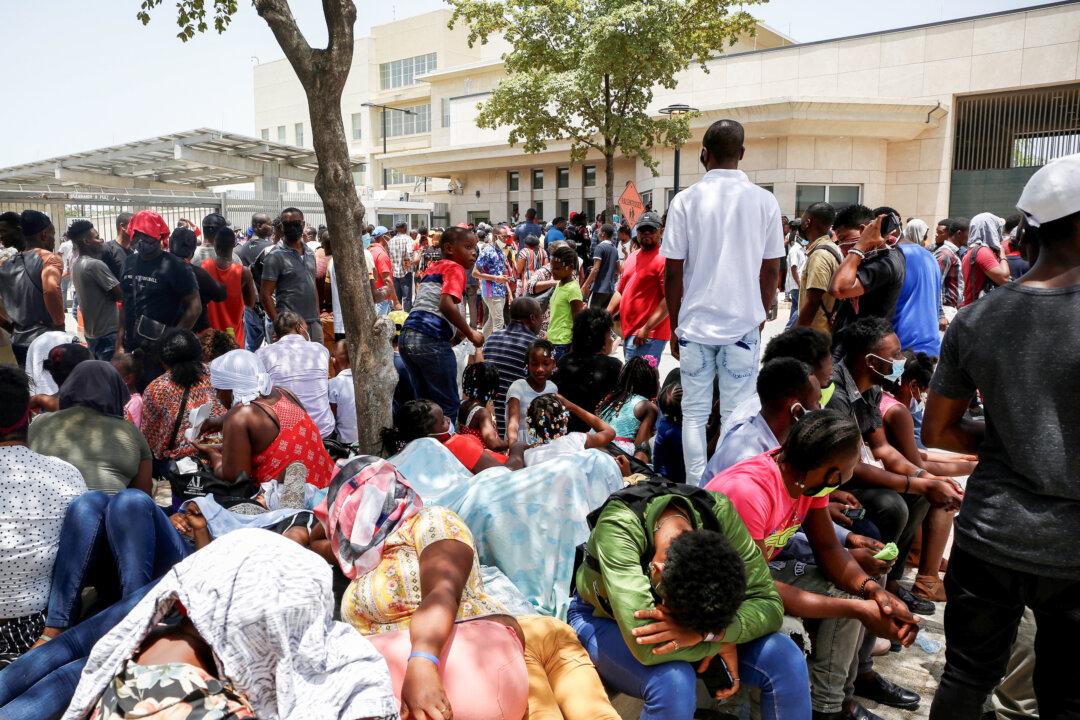The Department of Homeland Security (DHS) announced on June 28 that more than 300,000 Haitians already in the United States would be given temporary legal status through Feb. 3, 2026.
DHS Secretary Alejandro Mayorkas determined that an extension and redesignation of Haiti for Temporary Protected Status (TPS) was warranted due to ongoing “extraordinary and temporary conditions.”





